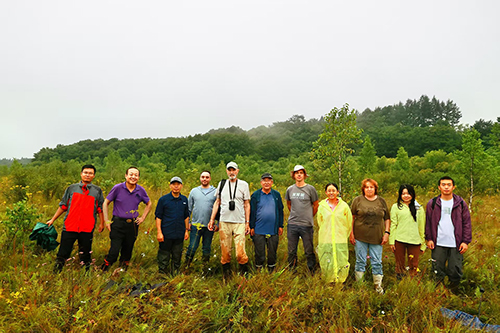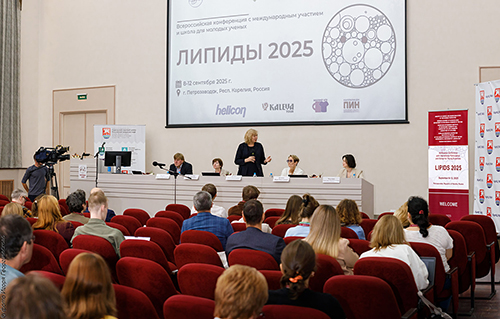Nikolai Nikolaevich Filatov is a Corresponding Fellow of the Russian Academy of Sciences, geographer, oceanologist, and hydrologist widely known in Russia as well as abroad.
After graduating from the Faculty of Geography of the Leningrad State University in 1971, Nikolai Filatov worked for 17 years at the Institute of Limnology of the USSR Academy of Sciences. In 1988, he headed the Water Problems Department of the Karelian Branch of the USSR Academy of Sciences. In 1991-2013, he organized and was the first director of the Northern Water Problems Institute (NWPI) of the Karelian Research Center RAS. Five years later he returned to this position.
Nowadays, Nikolai Nikolaevich Filatov is a Principal Researcher at NWPI KarRC RAS and Advisor to the Director General of the Karelian Research Center RAS.
Nikolai Nikolaevich is one of Russia's leading specialists in integrated studies of inland water bodies and marine coastal zones. In 2021, the scientist was awarded the Gold Medal named after F.P. Litke for his research on the impact of climate change on large lakes and seas of North Eurasia.
The oceanologist's studies have high basic science value and are of practical use. He participated in developing solutions to the problems of preserving the resources of lakes Ladoga and Onego at the stage of designing hydraulic engineering facilities – diversion head works and spillways, in designing the dam - facilities in the Gulf of Finland that protect St. Petersburg from floods. The results of his work have been taken into account when dealing with the problems caused by the sharp decline in the level of Lake Sevan in Armenia and the Caspian Sea. Today, the results of NWPI KarRC RAS studies are essential when determining permissible anthropogenic loads on lakes and the White Sea.
Nikolai Filatov is the author of more than 600 scientific papers. They are based on the data collected through in situ experiments on various lakes, storage reservoirs, seas and the ocean using contact and remote sensing methods, as well as mathematical modeling. The catalogs, reference books, atlases prepared under the scientist's supervision are in demand not only in the scientific community, but also among a wide readership. One such book is the first Atlas of Karelia.
The scientist has always used the latest techniques: he was among the first in Russian geography to use GIS techniques and aerial and satellite remote sensing tools. The researcher is a staunch proponent of innovative approaches, including application of AI theory methods, systems analysis of complex ecological-socio-economic processes.
Photo from N.N. Filatov’s personal archives
News
See also:

September 9, 2025
Aapa mires – a potential joint research interest for scientists from Karelia, Khabarovsk, China
Head of the Mire Ecosystems Laboratory at the Institute of Biology KarRC RAS Stanislav Kutenkov took part in the International Symposium on Conservation and Sustainable Development of Peatland Resources in the Chinese city of Changchun. The laboratory implements studies far beyond Karelia, including the Russian Far East, so there is potential for collaboration with Chinese scientists on comparative mire studies.
Head of the Mire Ecosystems Laboratory at the Institute of Biology KarRC RAS Stanislav Kutenkov took part in the International Symposium on Conservation and Sustainable Development of Peatland Resources in the Chinese city of Changchun. The laboratory implements studies far beyond Karelia, including the Russian Far East, so there is potential for collaboration with Chinese scientists on comparative mire studies.





